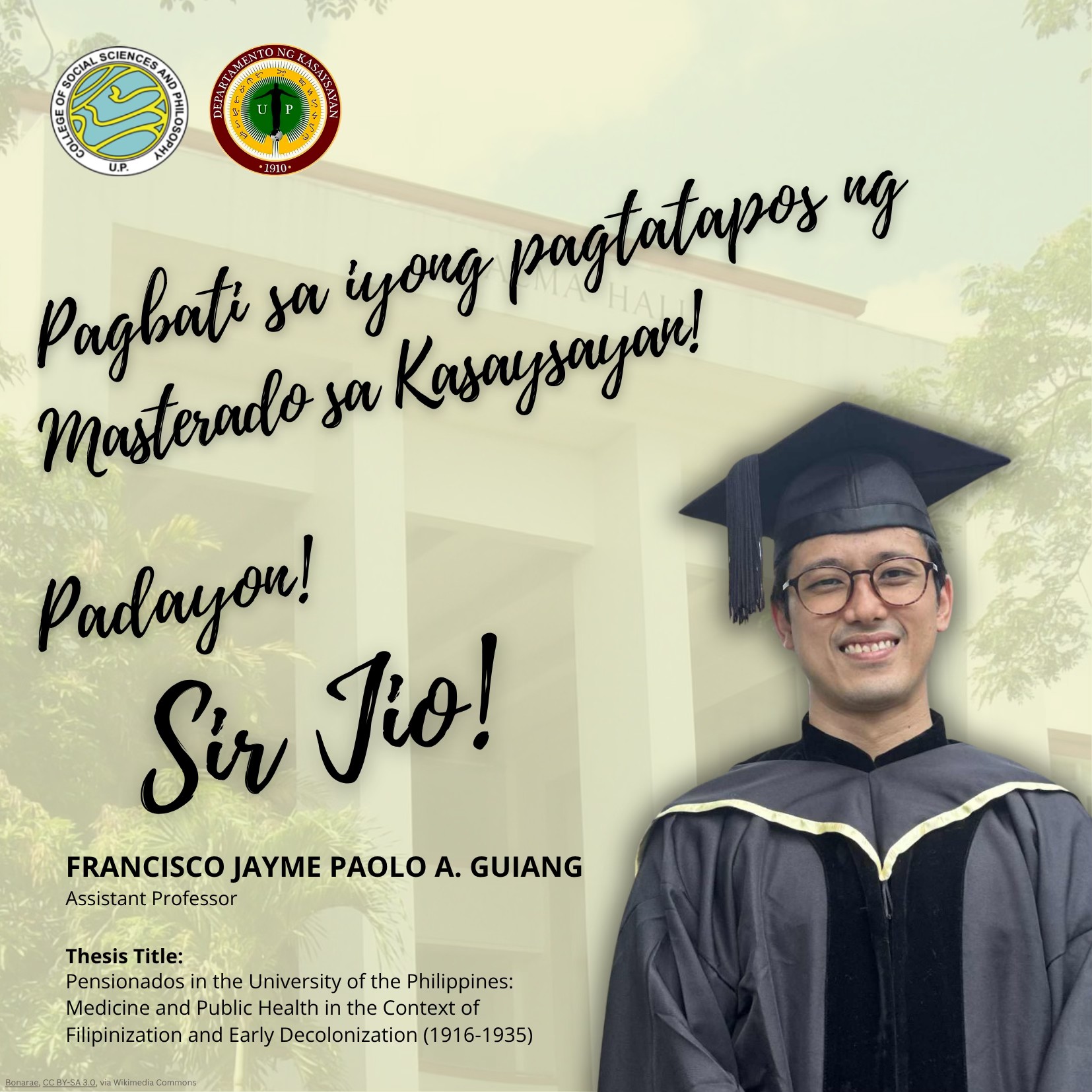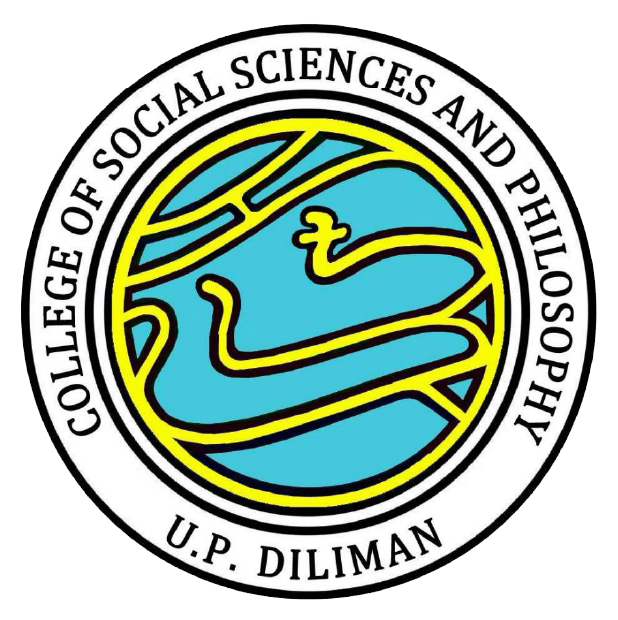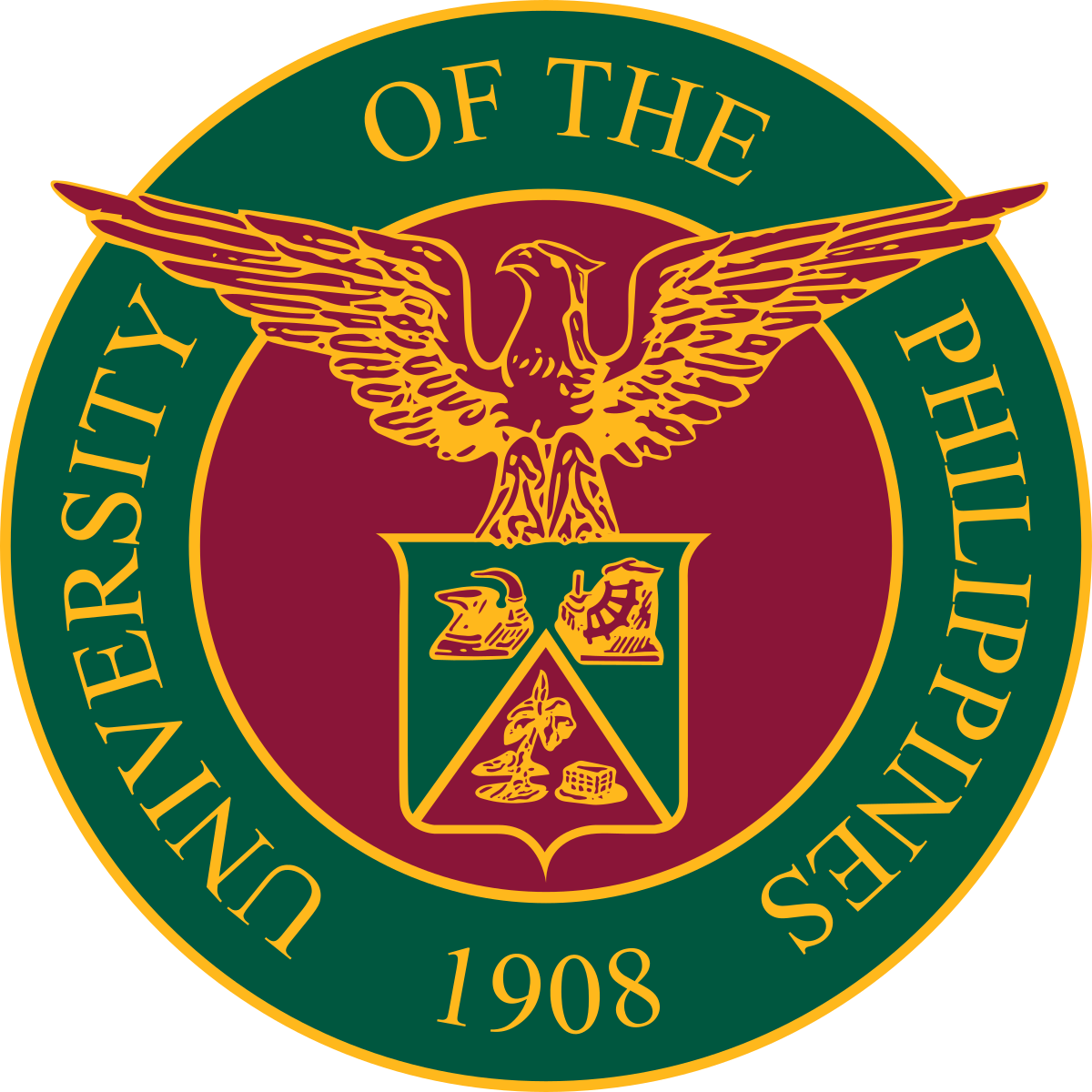Asst. Prof. Guiang earns M.Phil. in History at CUHK
Binabati ng UP Departamento ng Kasaysayan si Kat. Prop. Francisco Jayme Paolo A. Guiang sa kaniyang pagtatapos ng M. Phil. in History sa Department of History, The Chinese University of Hong Kong 香港中文大學 - CUHK.
Pensionados in the University of the Philippines: Medicine and Public Health in the Context of Filipinization and Early Decolonization (1916-1935)
Adviser: Assoc. Prof. Ian Morley, Ph.D.
The rapid “Filipinization” of the colonial bureaucracy was a policy of the American colonial government in the Philippines from 1913 to 1921 that significantly decreased American civil servants in favor of their Filipino counterparts. The policy reshaped the colonial landscape because it emboldened Filipinos to assert their capacity for self-rule. Of particular interest here were the American-educated Filipinos who served in government. These educated elites were called the Pensionados or the recipients of the Pensionado Act of 1903—a scholarship program for qualified Filipinos who were sent to the United States to study in colleges and universities. As a policy that aided Filipinization, the Pensionado Program (along with subsequent laws that provided funding for graduate studies abroad) produced batches of American-trained Filipino intellectuals who assumed key leadership roles in the colonial bureaucracy.
From this historical backdrop, my study focuses on the University of the Philippines (U.P.) and the Pensionados who were employed in its medical and public health units. The U.P. College of Medicine and U.P. School of Hygiene and Public Health trained and produced future doctors and sanitarians who eventually served in the colonial government. The medical and public health schools, therefore, became institutions of contention when the Pensionados began to assert their autonomy in performing scientific work. In this research inquiry, I argue that the Pensionados in the U.P.’s medical and public health units, despite their acquiescence to the colonial state, served as agents of social change and early decolonization by performing scientific work in their own terms. The Pensionados are interesting historical actors to study because they benefitted from the colonial regime’s scholarship program and, at the same time, aspired for an independent nation without American tutelage. Thus, my research foregrounds the U.P. Pensionados who used their American training to reinforce a “Filipino science” that proved their capacity for self-rule and capability to affect societal progress. In doing so, they were able to partake in the construction of an independent nation while initiating the process of decolonization through their work in the health sciences. These Pensionados could thus be seen not merely as articulators of political reform, but also as adherents of social change who used their privileged position to serve the needs of the Filipino society.
Lubos kang ipinagmamalaki ng UP Departamento ng Kasaysayan. Padayon! #HistoryadorNgBayan #history



